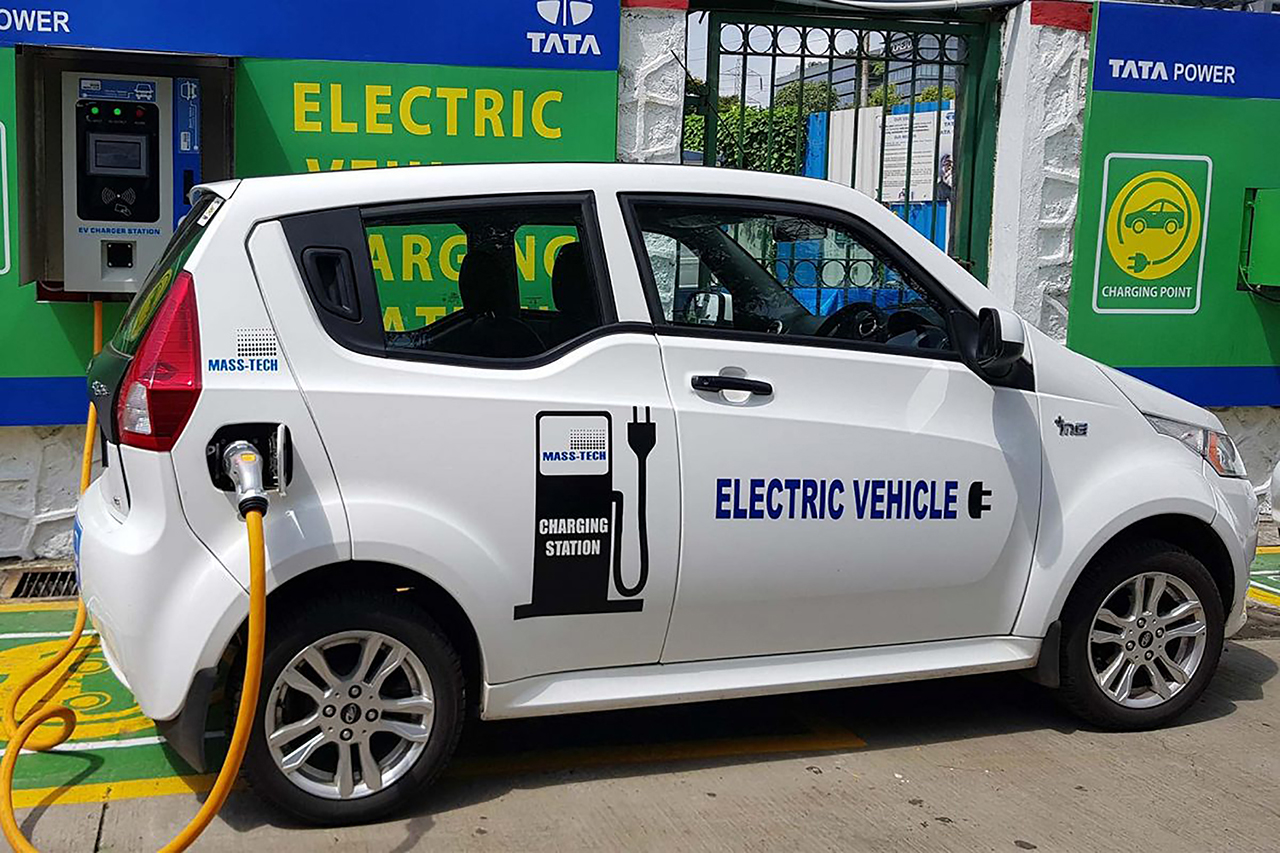The session provided good learning on the technical aspects of hybrid and electric vehicles development, testing and homologation
The apex body of the auto industry, Society of Indian Automobile Manufacturers (SIAM), organized its 12th lecture on the theme ‘Hybrid and Electric Vehicles in India: Development, Testing and Homologation’ on a virtual platform. It was organized as a part of SIAM’s ‘Walk the Talk’ campaign, highlighting the importance of design, development, testing and homologation aspects of hybrid and electric vehicles in the Indian context. The lecture series witnessed the participation of prominent industry leaders and technical experts who deliberated upon on the various facets of development, testing, and homologation of hybrid and electric vehicles.

Prashant K Banerjee, Executive Director, SIAM, in his opening remarks, said “On World Environment Day last year, we started the lecture series in our endeavour towards sustainable mobility. EV is one of the important pillars in the transformational journey of mobility. Against this backdrop, back-to-back lectures series are planned to understand the nuances of hybrid and electric mobility, development, testing, homologation and on-road experience around safety, etc.” Sharing the industry perspective, Mahesh Babu, Chairman, SIAM Electric Mobility Group, said, “Refreshing of the EV products will happen for the next 10 years because this is a new ecosystem including customers, and there’s going to be new technology. It is going to evolve in a period of time like we witnessed the transition from landline telephony to mobile phones.”
Dr. Reji Mathai, Director, ARAI, said “The process of developing and certifying measures have been quite robust. The EV ecosystem needs to be developed in India, and it has to be an in-house development. As regulators, we are ready to support the industry including upcoming start-ups and MSMEs.” Giving a global perspective, Claas Bracklo, Senior Consultant Electro Mobility, VDA and Chairman, Char.IN (Germany), expressed the opinion, “We have defined a charging infrastructure system that’s capable of being expandable in the future. At a national level, it is important to standardize the needs for the ecosystem so that investments can happen without the risk of being obsolete or not accepted.”
Nitin Seth, COO, Switch Mobility, Ashok Leyland, added to the conversation, “The lightweight EV design is going to play an important role. Most companies were modifying the model of diesel buses into EV busses. That may not be the way forward and hence it has to be a grounds-up approach to design and develop EV products.” Kanan Subramaniam, Head, Project House Electrification, Bosch Automotive Electronics India, added “For aspirational vehicles, performance is the key. There are two important interrelated factors here. The first is the customer’s requirement and the second is the technological maturity. The Indian environment is very diverse as opposed to any other geography. For a conventional vehicle which is being sold in retail, it is critical that EV performance does not suffer.”
The second session of the lecture included technical experts like T Prasanna Kumar, Deputy General Manager, Toyota Kirloskar Motor; Umesh Abhyankar, Senior General Manager, TATA Motors; M S Anandkumar, General Manager, TVS Motors; and Rajeev Ranjan, Senior Manager, Homologation, JBM Auto. With the theme ‘Drill Down of Hybrid/Electric Vehicle Homologation’, the experts highlighted the key tenets of homologation of hybrid four-wheelers, electric four-wheelers, electric two and three-wheelers, and electric buses. The speakers touched upon the standards for electric vehicles which are developed to ensure adequate safety for end customers in all weather conditions. Eligibility requirement under FAME India, which is over and above the CMVR requirement, was also highlighted and explained.
In the concluding session, Dr. S J Dhinagar, Co-Chairman, SIAM Electric Mobility Group, said “This session covered every aspect of electric mobility as well as every segment of mobility from two-wheelers, three-wheelers, four-wheelers to buses. Last mile connectivity and how they are critical to the ecosystem was discussed in brief. The session also focused on the ways to do smart charging and how Indian consumers are slowly and steadily adopting the new mission of electric mobility.” Overall, the edition of the 12th lecture series provided good learning on the technical aspects of hybrid and electric vehicles development, testing and homologation.